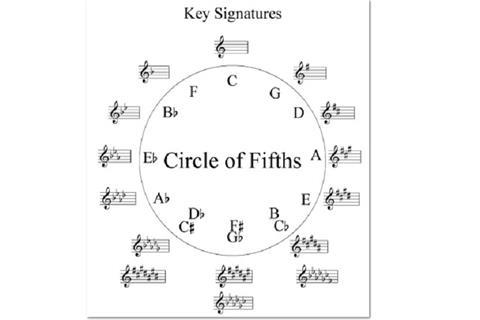The Strad's panel of teaching experts answer reader questions as part of the magazine's Teacher talk series

What scale system do you recommend, and what is the best way to get students to approach scales? Rebecca Jorden, Michigan, US
Boris Kuschnir: I recommend the scale system compiled by Elizabeth Gilels, published by Sikorski. These are thorough, well-organised sets of scales with interesting fingering and shifting suggestions. Many students practise scales first, then arpeggios, and only after that double-stops, for which they often don’t allow enough time. In Gilels’s system double-stops immediately follow the scales, and only after that come arpeggios and chromatic scales. This helps to remind students to play double-stops and to allow time for it.
It is very important to play octaves, 10ths and fingered octaves every day, from as young an age as possible. They should all be practised in a slow tempo, then medium, and it is also important to play them fast, even though sometimes intonation suffers.
It is helpful to play all the different variations with different bow strokes and on different strings, and to include scales on one string up to higher positions, especially on G, D and A. As a rule, I recommend playing all scales without vibrato.
Bruno Giuranna: A teacher who is convinced that scales practice is important will inspire their pupils to study them properly. You should tell students that a significant part of the Russian school is based on scales, and the results of that are not bad! Easy scales can be used at first to develop an idea of what it means to play them ‘well’. Students should get some decent fingerings and learn them thoroughly. But my theory is that anyone who needs to read music to practise scales will have problems playing in tune by memory.
THE EXPERTS
Bruno Giuranna teaches viola at the Fondazione Stauffer in Cremona, the Conservatorio della Svizzera Italiana in Lugano and the University of Limerick in Ireland
Boris Kuschnir is violin professor at the Vienna Conservatoire and at the University of Music in Graz








































No comments yet